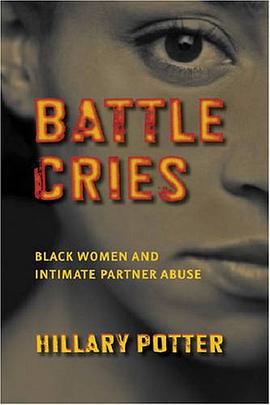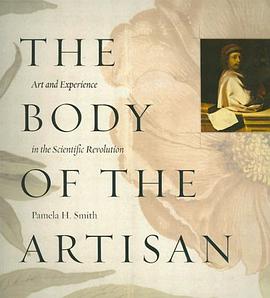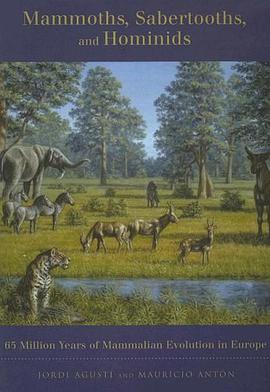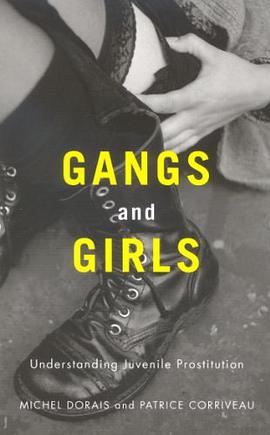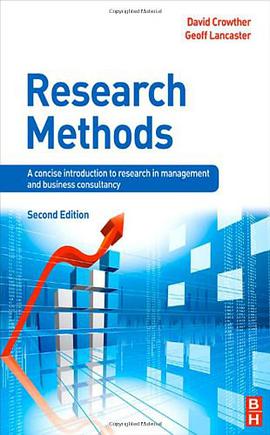

具體描述
From the use of expert testimony in the courtroom to the advice we rely on to solve key economic, political, and social problems, expertise is an essential part of our decision-making process. However, the extent to which experts can be trusted is a subject of persistent and contentious debate. The Philosophy of Expertise is the first collection to explore the fundamental philosophical issues surrounding these authorities and their expert knowledge. Part 1 considers the problems surrounding the issue of trust and deference; part 2 launches a phenomenological clarification of expertise that pinpoints the universal structures embodied in cognition and affect; and part 3 examines the consequences of the social and technical externalization of expertise. Contributors including Edward Said, Alvin Goldman, Peter Singer, Hubert Dreyfus, Julia Annas, Harry Collins, and Don Ihde draw on a number of intellectual approaches to explore the justification of expert authority, the potentially dangerous role of expertise in a liberal democratic society, how laypeople can critique experts, and the social and ideological character of expert advice. The contributors also discuss the reasoning process of judges and juries, the ancient Greek view of moral conduct, and the incorporation of experts into governmental bureaucracy. By honestly tackling the legitimacy and consistency of various positions, this volume sheds much-needed light on the theoretical dimensions of a controversial and pervasive practice. Contributors: Alvin I. Goldman, Don Ihde, Edward Said, Evan Selinger and John Mix, Evan Selinger and Robert P. Crease, H. M. Collins and Robert Evans, Helene Mialet, Hubert Dreyfus, John Hardwig, Julia Annas, Paul Feyerabend, Peter Singer, Scott Brewer, Steve Fuller, Steven Turner
著者簡介
圖書目錄
讀後感
評分
評分
評分
評分
用戶評價
相關圖書
本站所有內容均為互聯網搜索引擎提供的公開搜索信息,本站不存儲任何數據與內容,任何內容與數據均與本站無關,如有需要請聯繫相關搜索引擎包括但不限於百度,google,bing,sogou 等
© 2025 book.quotespace.org All Rights Reserved. 小美書屋 版权所有










